Nanoparticles deliver anti-cancer drugs in hard-to-reach brain tumors prevalent in children, boosting both diagnosis and treatment.
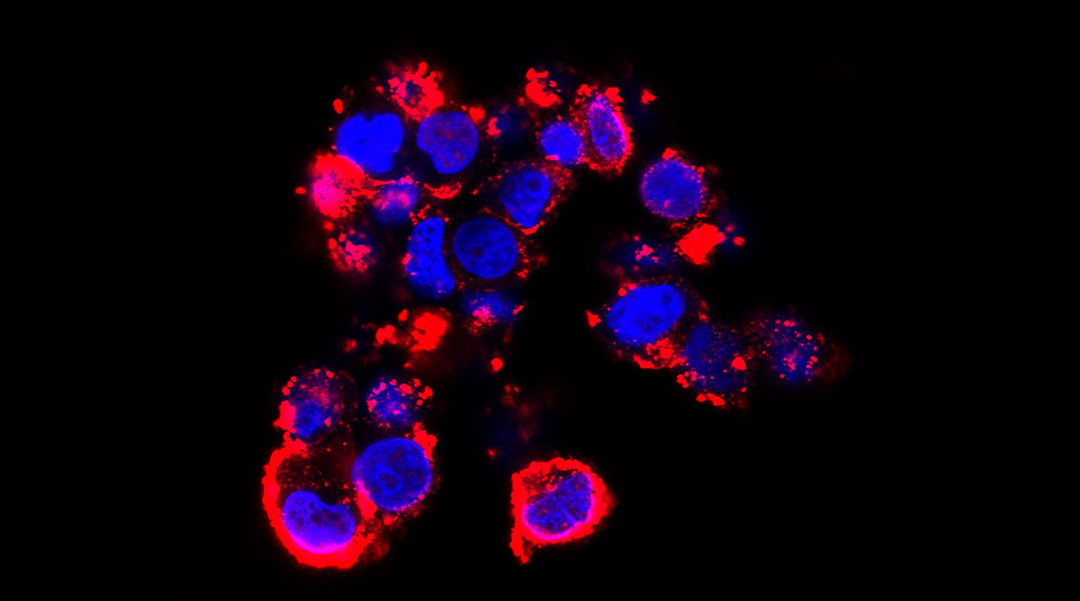

Nanoparticles deliver anti-cancer drugs in hard-to-reach brain tumors prevalent in children, boosting both diagnosis and treatment.

Gene therapy restores hearing in children with hereditary deafness; ongoing trials show promise for widespread application.

In a world first, UK authorities grant regulatory approval for a CRISPR gene therapy targeting sickle cell disease and β-thalassemia.
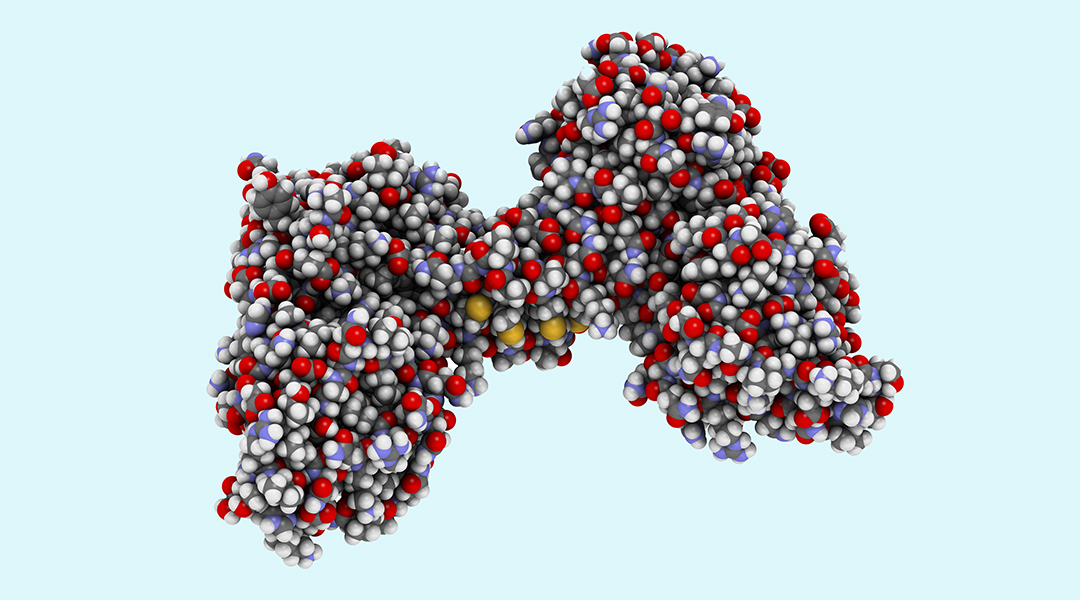
Important findings from an animal study have prompted the exploration of a gene therapy for Duchenne muscular dystrophy in an ongoing human trial.
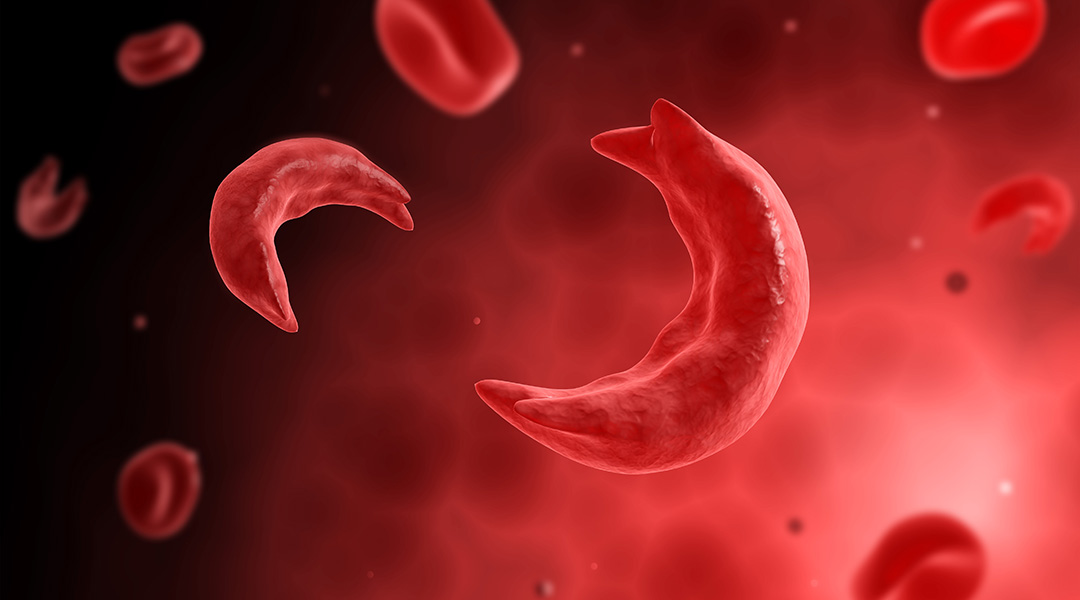
In 2019, CRISPR gene-editing therapy was used for the first time to treat sickle cell disease.

Targeted viral-based gene therapies come with their own risks. A new gene delivery system mimics viral therapies to infect cancer cells with vesicular stomatitis virus matrix protein, with a similar transfection efficiency as the virus itself.

Obesity is a growing epidemic around the world.
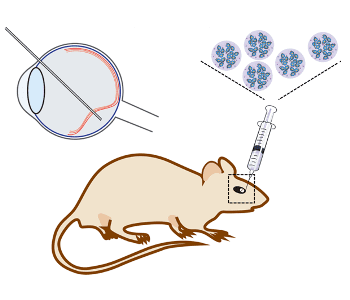
Researchers from Case Western Reserve University present an efficient non-viral gene delivery system for safe gene therapy to treat genetic eye disorders.
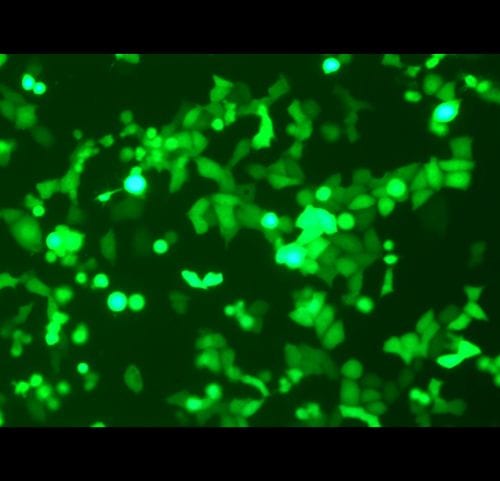
A reducibly-degradable hyperbranched polymer PEI-SS-HP composed of LMW PEI via a disulfide-containing linkage is demonstrated as a promising gene vector.

A specific epigenetic signature in patients who respond to chemotherapy offers potential to improve treatment.